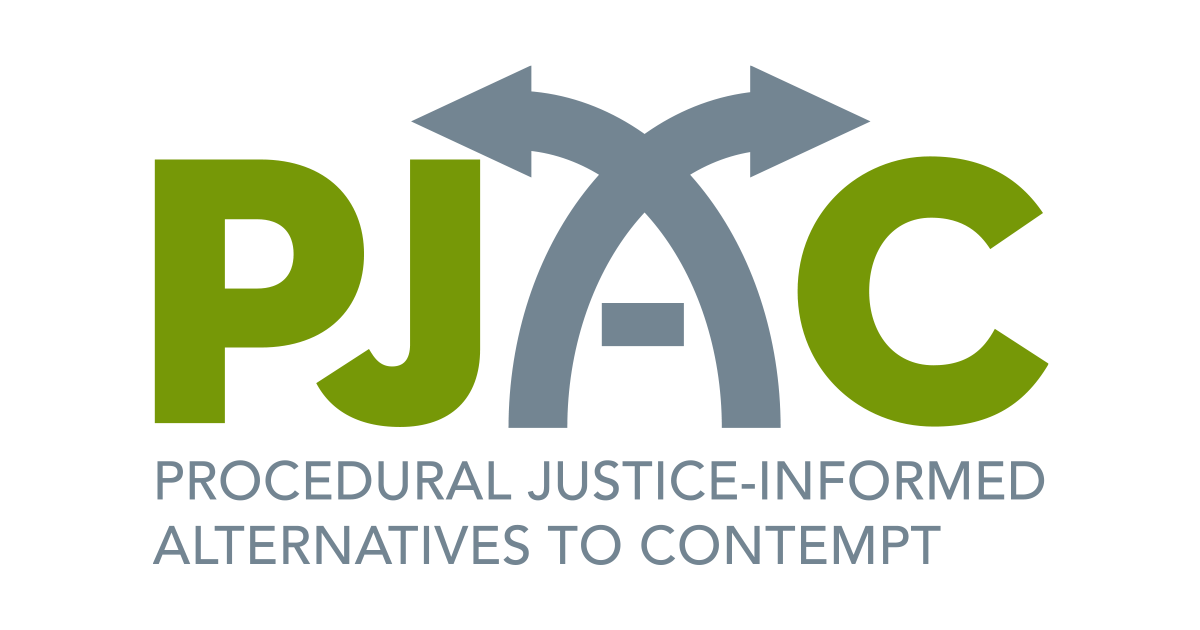Procedural Justice-Informed Alternatives to Contempt

Overview
The Office of Child Support Enforcement launched the Procedural Justice-Informed Alternatives to Contempt (PJAC) demonstration to test the efficacy of incorporating procedural justice principles into child support practices as a cost-effective alternative to contempt. In this context, contempt is a legal action involving the use of civil court proceedings against noncustodial parents who have fallen behind in their child support payments. Procedural justice centers on the idea that individuals’ perception of the fairness of an administrative or legal process and how they are treated during it determines how they respond to it. In child support programs, the parents’ reaction to the process can have important implications for the outcome of their cases. The goal of the demonstration is to employ techniques that are designed to increase parents’ perception of fairness in the child support process and, as a result, to improve cooperation with child support administrators, increase reliable child support payments, and reduce the ineffective use of contempt.
Additional Project Details
Agenda, Scope, and Goals
The Office of Child Support Enforcement awarded the Georgia Department of Human Resources a cooperative agreement to procure and manage the evaluation of PJAC. The department contracted with MDRC and its partners, MEF Associates and the Center for Court Innovation, to evaluate PJAC. The overall objective of the PJAC evaluation is to document and assess the effectiveness of the PJAC interventions, which six participating child support agencies implemented.
Design, Sites, and Data Sources
The Office of Child Support Enforcement selected six child support agencies through a competitive grant application process to participate in PJAC. They are located in Arizona; California; Michigan; Franklin County, Ohio; Stark County, Ohio; and Virginia.
The team is evaluating PJAC by using random assignment, the most rigorous evaluation method available. The PJAC evaluation includes three primary components:
- Implementation study. The implementation study will describe the PJAC interventions, the services provided and how they operated, and the differences between PJAC and the business as usual child support enforcement process. The evaluation team will conduct interviews with child support staff, clients, and partners; conduct a staff survey; observe program activities; and analyze data from child support agencies’ management information systems.
- Impact study. Using administrative data, the impact study will measure the short- and longer-term effects of PJAC on key outcomes, including child support payments, child support debt, and judicial system outcomes.
- Benefit-cost study. The benefit-cost study will measure the monetary cost of the PJAC interventions relative to the cost of usual child support enforcement contempt practices. The study will then compare these costs with the monetary benefits generated by PJAC, which may include reduced court and contempt processing costs and increased child support payments.
Featured Work
A Look at Three Sites in the Procedural Justice-Informed Alternatives to Contempt Demonstration
Changes to Service Delivery at Three Sites in the Procedural Justice-Informed Alternatives to Contempt Demonstration









